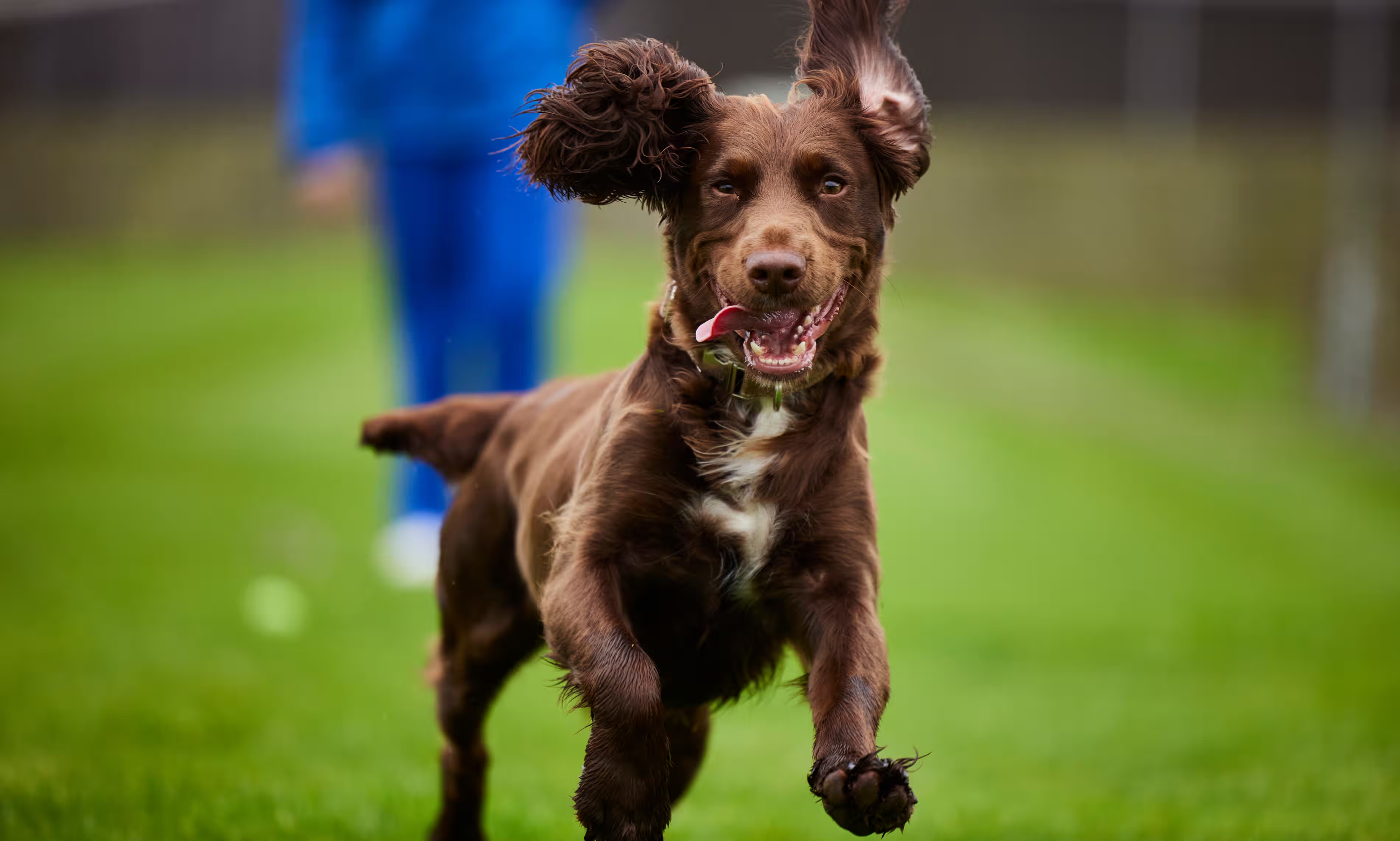Cloning animals has been done for years and isn’t a new concept. Many people didn’t think it was possible until Dolly the sheep was successfully cloned on July 5, 1996. She was the first mammal cloned from a cell taken from an adult ewe.
Dolly was the only successful clone out of 277 somatic cell nuclear transfer attempts. This method creates an embryo by taking the nucleus from a donor cell and putting it into an egg cell with its nucleus removed.
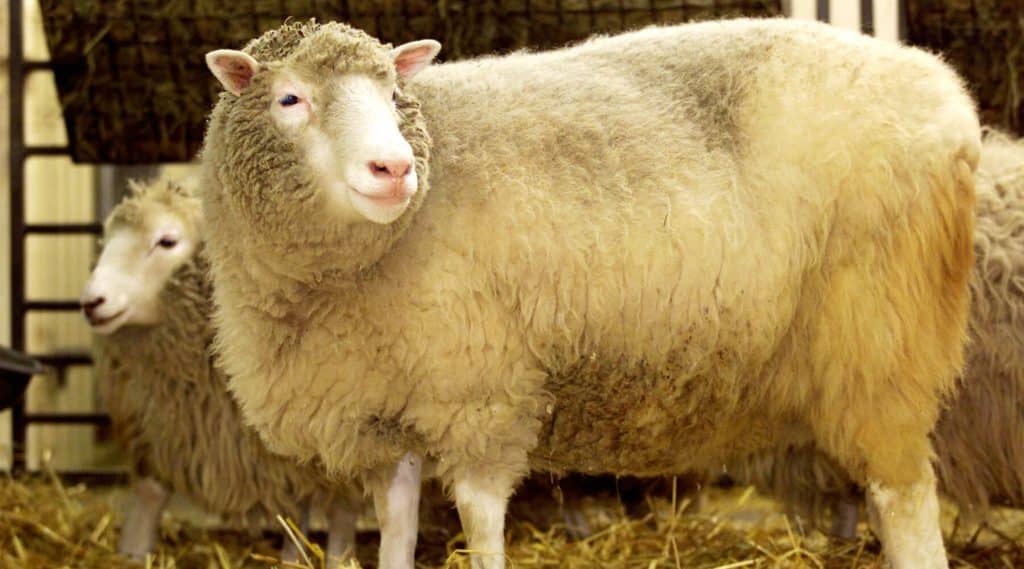
She lived 6.5 years at the Roslin Institute and gave birth to six lambs during her life.
However, the successful cloning of Dolly sparked a lot of debates about the pros and cons of cloning. Some were excited, while others were worried that it might lead to human cloning.
On the good side, Dolly’s success also inspired scientists to improve cloning techniques and explore new research on stem cells.
Even though cloning is banned in some countries like the United Kingdom, Italy, and Germany, scientists have still managed to clone different animals like dogs, cows, pigs, and even monkeys.
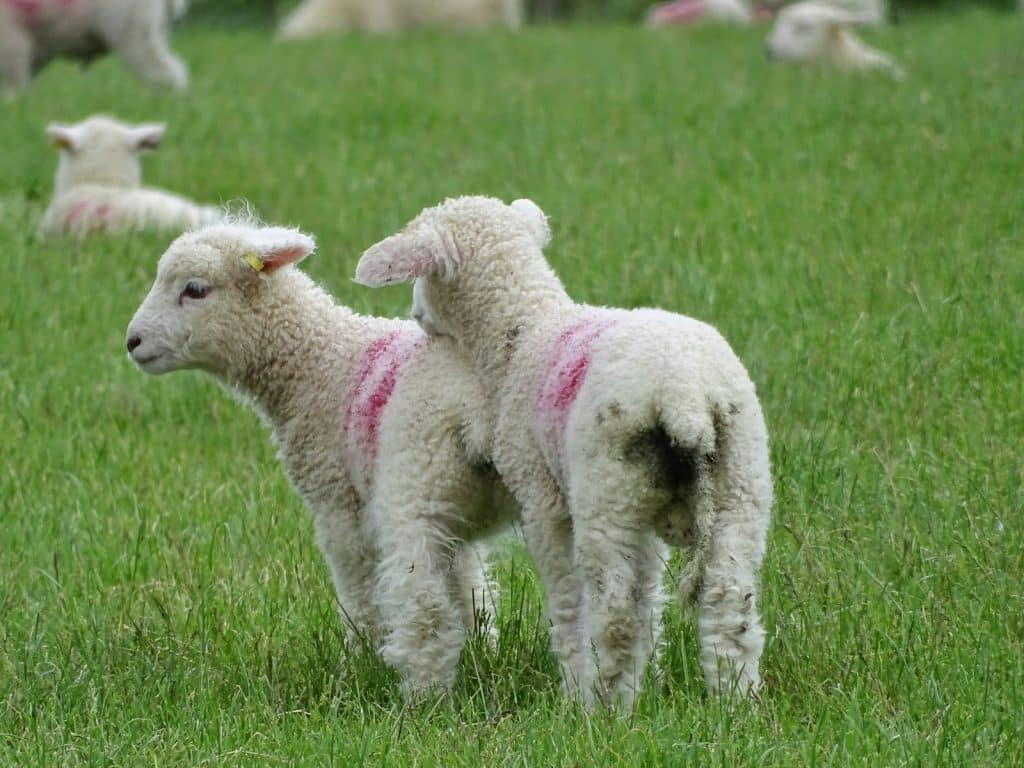
But did you know that cloning has now turned into a business for pets?
One well-known story is about a cocker spaniel who became the face of UK pet cloning.
Pretty cool, huh?
Meet Gem, a cocker spaniel at Gemini Genetics in Whitchurch, Shropshire.
Founded in 2018, Gemini Genetics is one of the UK’s first animal tissue banks. They work with ViaGen Pets & Equine, a leading pet cloning company, to offer services for preserving animal cells and genetic banking. This allows pet owners to create genetic copies of their beloved pets, including dogs, cats, and horses.
Today, cloning animals for pets is banned in the UK, except for research, and requires approval from the Home Office. However, it’s becoming big business in the US.
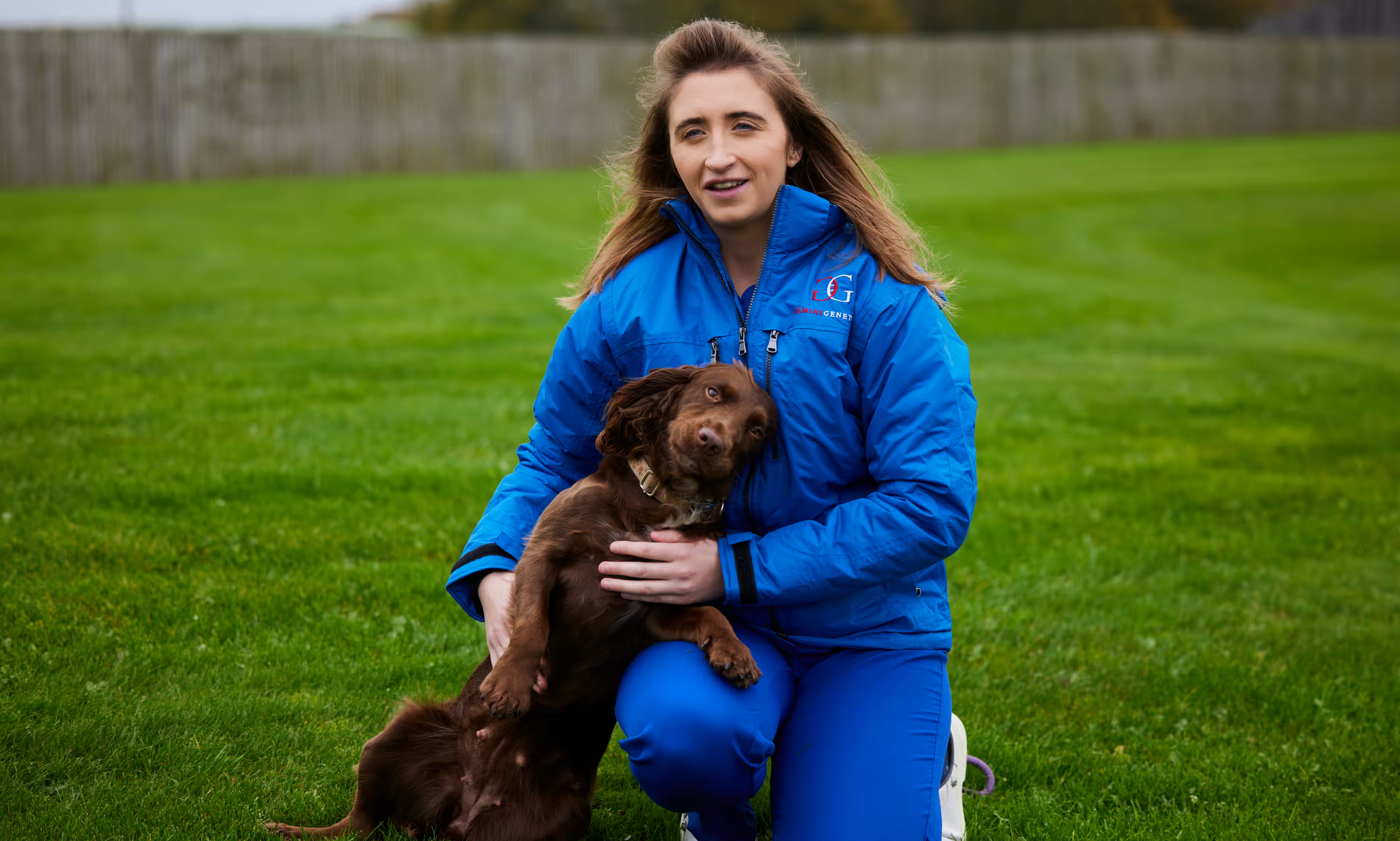
You might wonder how Gemini Genetics can clone animals if it’s banned in the UK.
Well, Gemini Genetics doesn’t actually do the cloning itself but has assisted with cloning around 30 animals.
Instead, the company shares its lab space with other businesses, including Stallion AI Services, which specializes in storing horse semen and working with rare breeds.
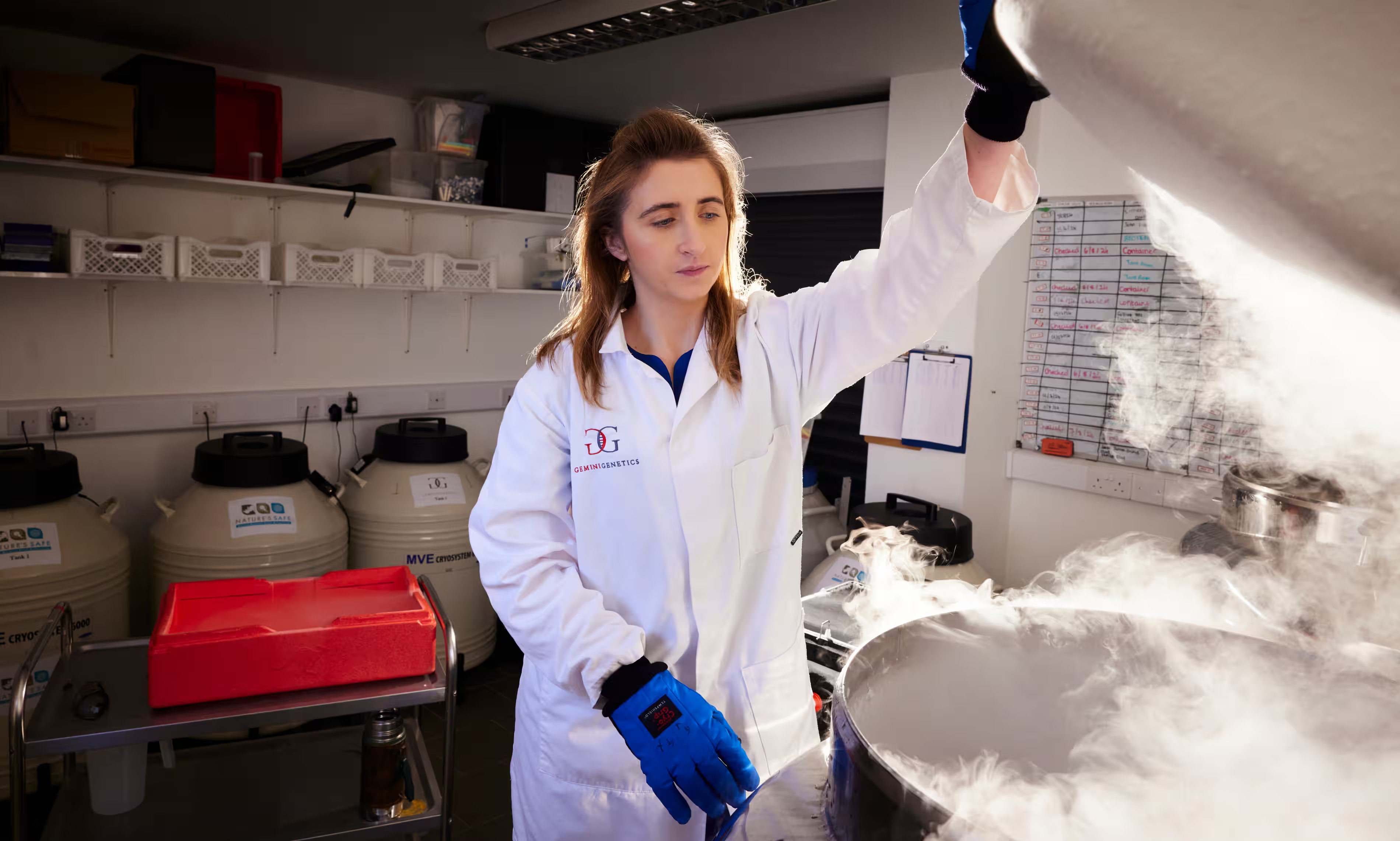
Most of their clients are owners of mixed-breed dogs, often called mongrels or mutts. Unfortunately, many of these dogs have already passed away or are nearing the end of their lives.
Since many pets, such as cats or dogs, are also neutered, they won’t have puppies or kittens when they die. Because of this, some pet owners look into cloning to keep their connection with their pets alive.
So, how do they clone an animal successfully?
The process starts with a vet taking a tissue sample from a deceased pet’s ear or a living pet’s chest, neck, or inner thigh.
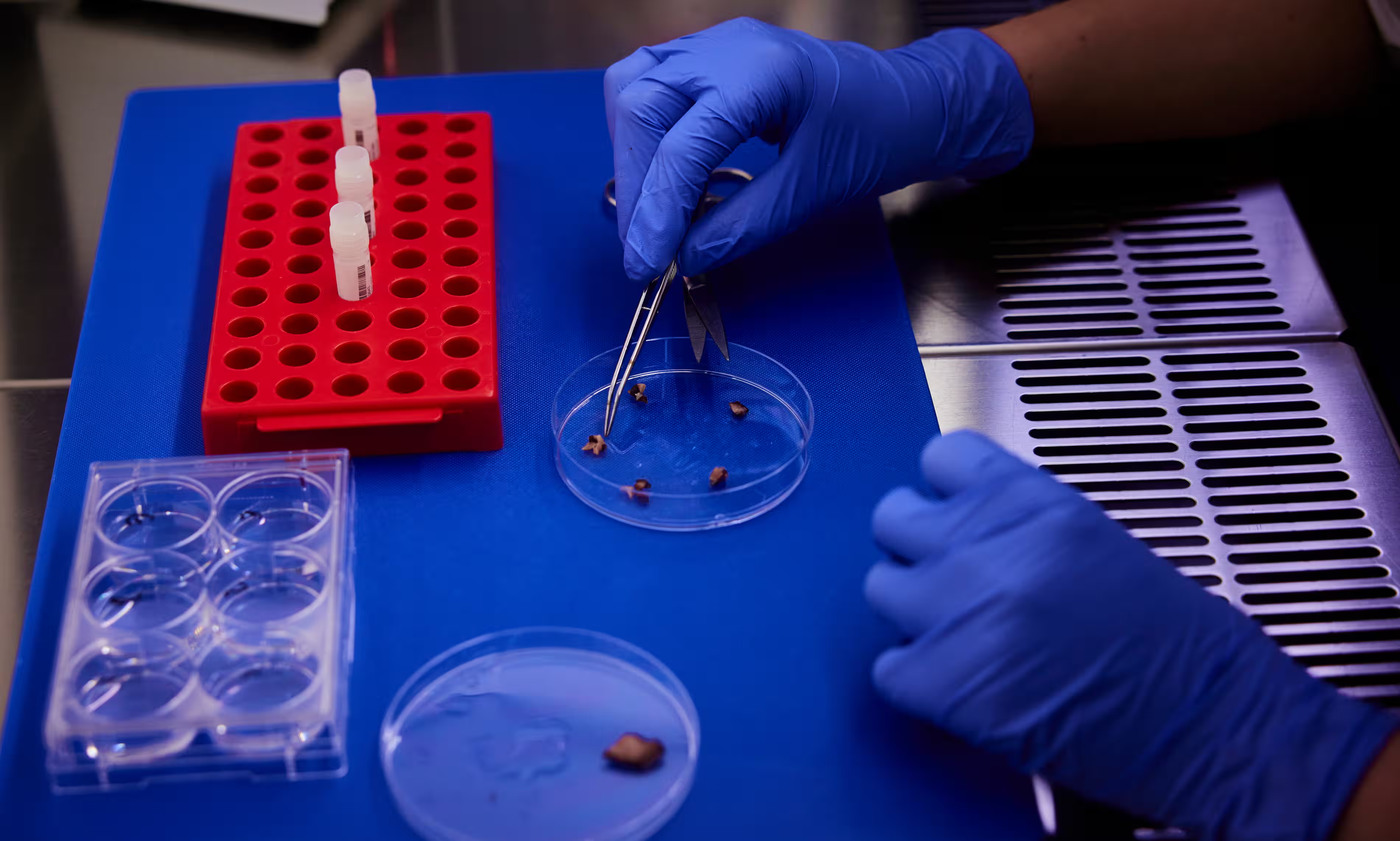
This sample is then sent to Gemini Genetics, where they check the cells to see if they are active and can grow over time. Cells and original tissue are frozen until the client proceeds with cloning.
Once they are ready, the cells are sent to ViaGen in the U.S., where the cloning happens. They use a method called somatic cell nuclear transfer (SCNT). This involves taking an egg from a female donor, removing its nucleus, and adding a cell from the animal that’s being cloned.
An electric shock helps combine the cell and the egg, which helps the embryo to grow in a surrogate mother until it’s born. After that, the clone can return to the UK.
Though it may seem like Gemini Genetics doesn’t do much, it handles important time-sensitive parts of the process. They make sure the samples are stored at very low temperatures for as long as needed, using special shipping containers to keep everything intact during transport.
How Much Does Cloning Cost?
If a client wants to store and culture a sample for cloning, it will cost about $2,007 (£1,600). If they decide to do it later, the price goes up to around $2,760 (£2,200), plus a monthly storage fee of $15 (£12).
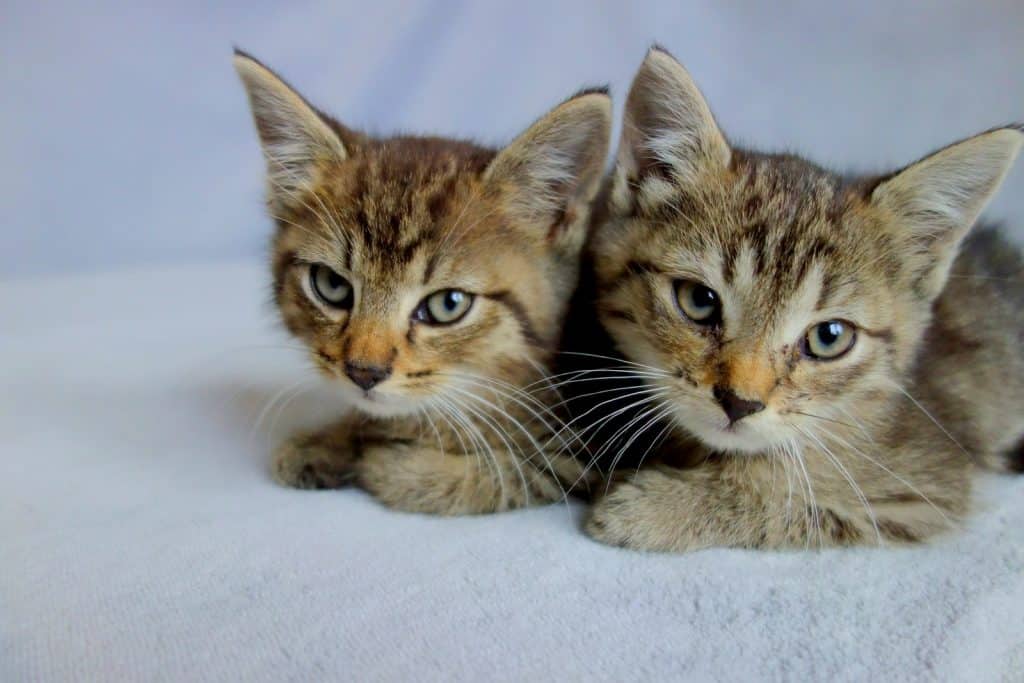
Creating a clone through ViaGen typically costs around $50,000 (£42,000) for a dog or cat and about $85,000 (£68,000) for a horse.
However, experts warn there’s no guarantee that cloned pets will look like or behave like their original pets.
Another Successful Cloning
Now, here’s a story about a celebrity who decided to clone his beloved pet.
Here’s a unique story about a celebrity who decided to clone his beloved pet.
John van der Put, a British comedian and magician known as Piff the Magic Dragon, has been performing for 15 years with his Chihuahua, Mr. Piffles.
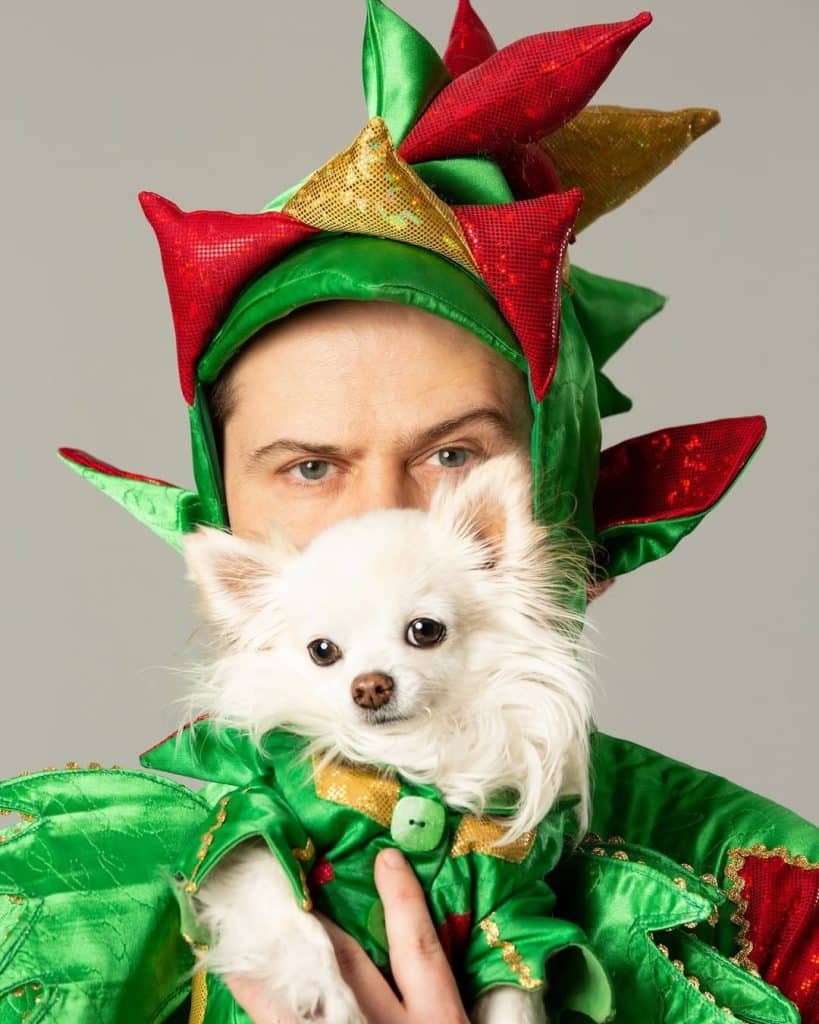
As Mr. Piffles got older, John decided to clone him to keep his legacy alive and have a replacement for their shows.
He named the new dog Fourtune, or Mr. Piffles 2.0.
In an interview, John shared that the cloning cost him £46,000 (around $60,000). Using DNA from the original Mr. Piffles, scientists successfully created Fourtune.
John and his fiancée, Jade Simone, also welcomed two new puppies, Fivel and SixPack, who are both 3-and-a-half months old.
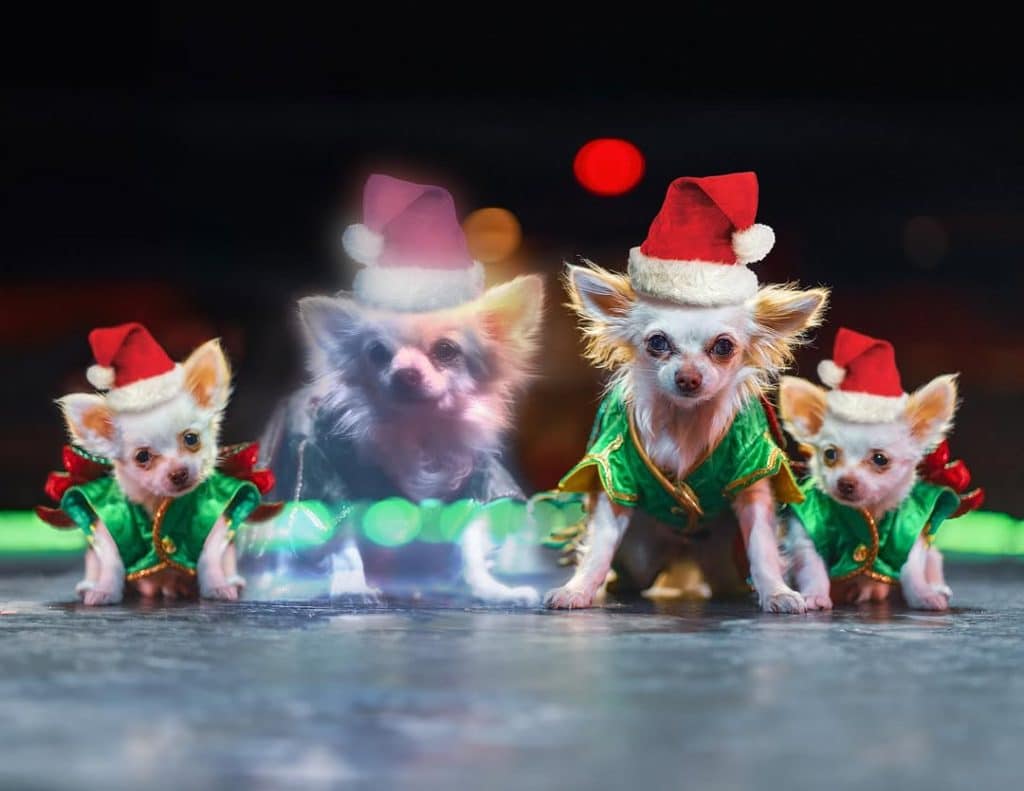
Image Credit: Piff the Magic Dragon’s IG
Sadly, Mr. Piffles passed away on November 13, 2024, just shy of his 17th birthday.
Before I end this post, here’s a question for you to answer.
Comment down your answers and the reason why below!
